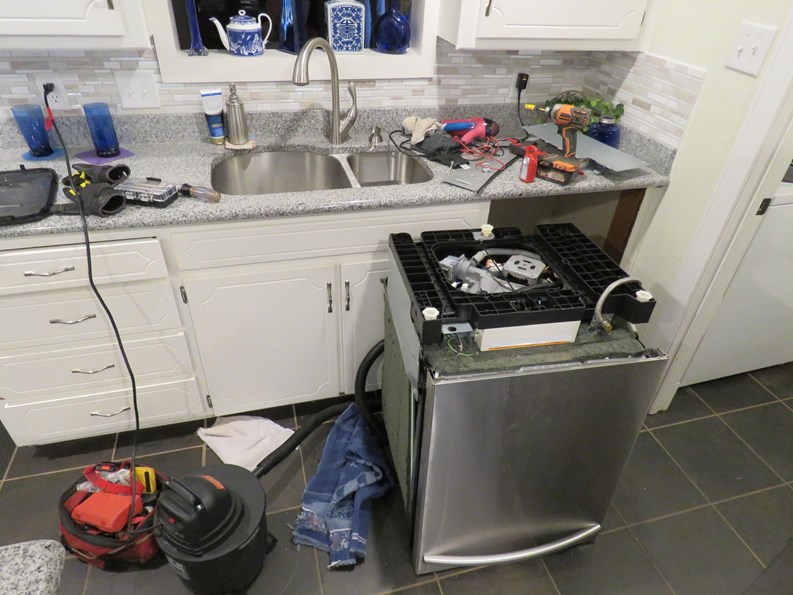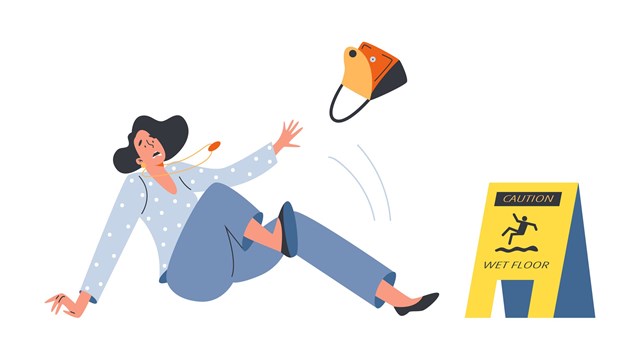Q. Our Association is self-managed with 12 units. An owner installed a dishwasher without any written request or approval from the board. The board told her that we believed this was a violation, since all 12 units share one water tank and one water meter. The water bill is included and paid with monthly assessments, and is the highest utility bill that the association pays. Our bylaws were written in the 70s, and laws change. The owner's defense here is that the dishwasher uses less water than doing dishes by hand. Are they in violation for not clearing the installation with the board beforehand? If so, what are our options?
—Sudsed Up
A. “The letter writer raises an issue that we see often,” says attorney Mark A. Hakim of New York law firm Schwartz Sladkus Reich Greenberg Atlas LLP. “Most bylaws and covenants, rules, and restrictions (CRRs) provide either that unit owners are not allowed to make alterations without the approval of the association or may not make alterations or repairs which affect the structure or systems of the building (again without the approval of the association). Sometimes, specific prohibitions on the installations of dishwashers and washers/dryers are contained in separate house rules attached to the foregoing.
“It is certainly unfair to the remaining owners to have one unit owner install something (dishwasher, washer, or dryer, etc.) and look for the balance to pay. Even more important is that in an association with homes or apartments that, per the letter writer, date back to the 1970s, these installations can truly have an adverse effect on the plumbing systems throughout, so it is important to make sure it does not.
“The first step for the board would be to review the association’s bylaws, CRRs, and house rules, and determine if a violation of any of those documents has occurred or if there are other provisions which prohibit the installations or require approval that was not obtained. If so, then the board should take immediate action to have it removed—start with a letter explaining the issue and if that does not resolve itself, then escalate it to the board’s attorneys to take prompt legal action.
“Obviously, if there is no prohibition or consent needed, and the systems of the building are not overtaxed, perhaps the association could look into whether the dishwashers are actually more efficient and whether it should be something to consider recommending to all owners.”










Leave a Comment